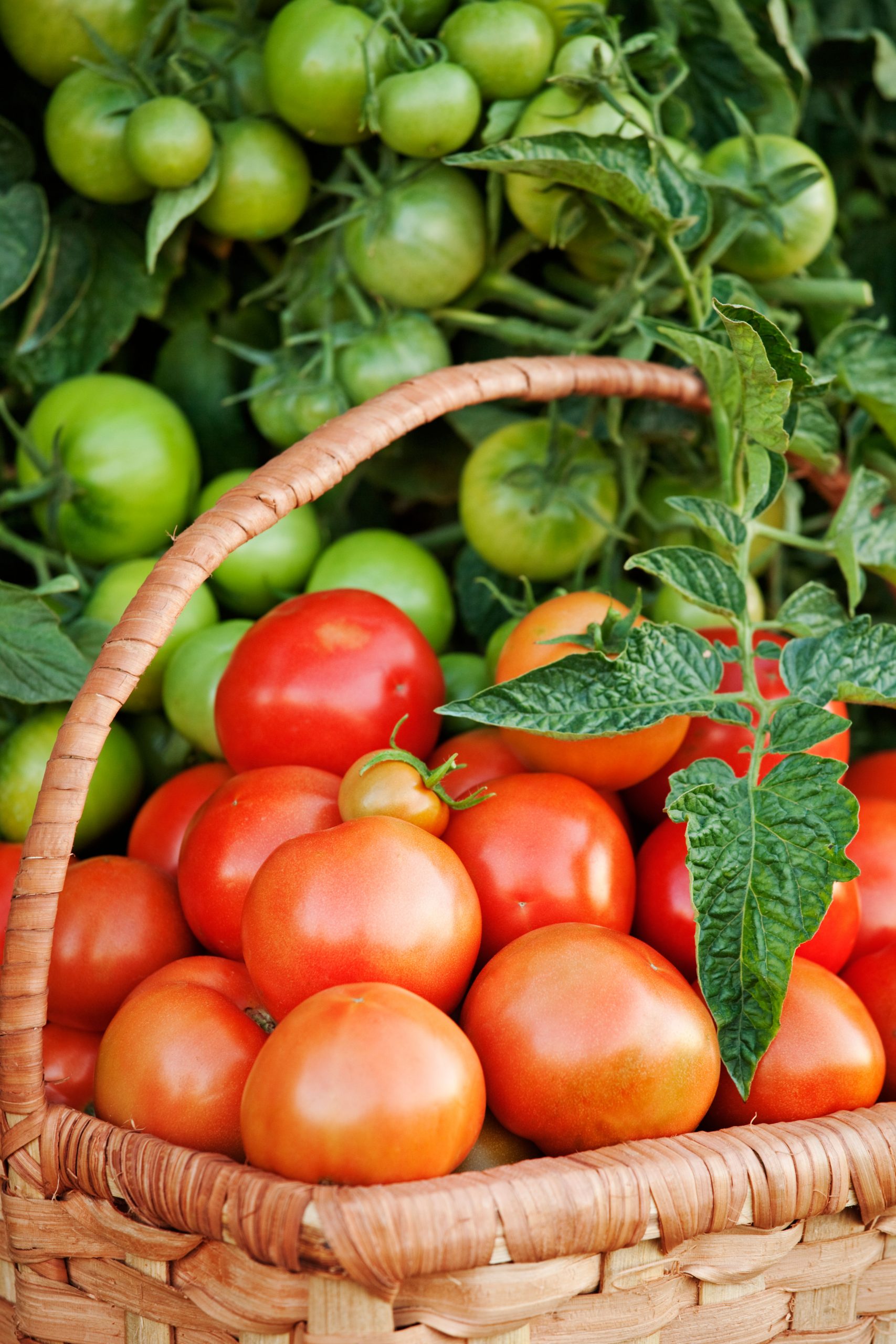Curious Questions
-
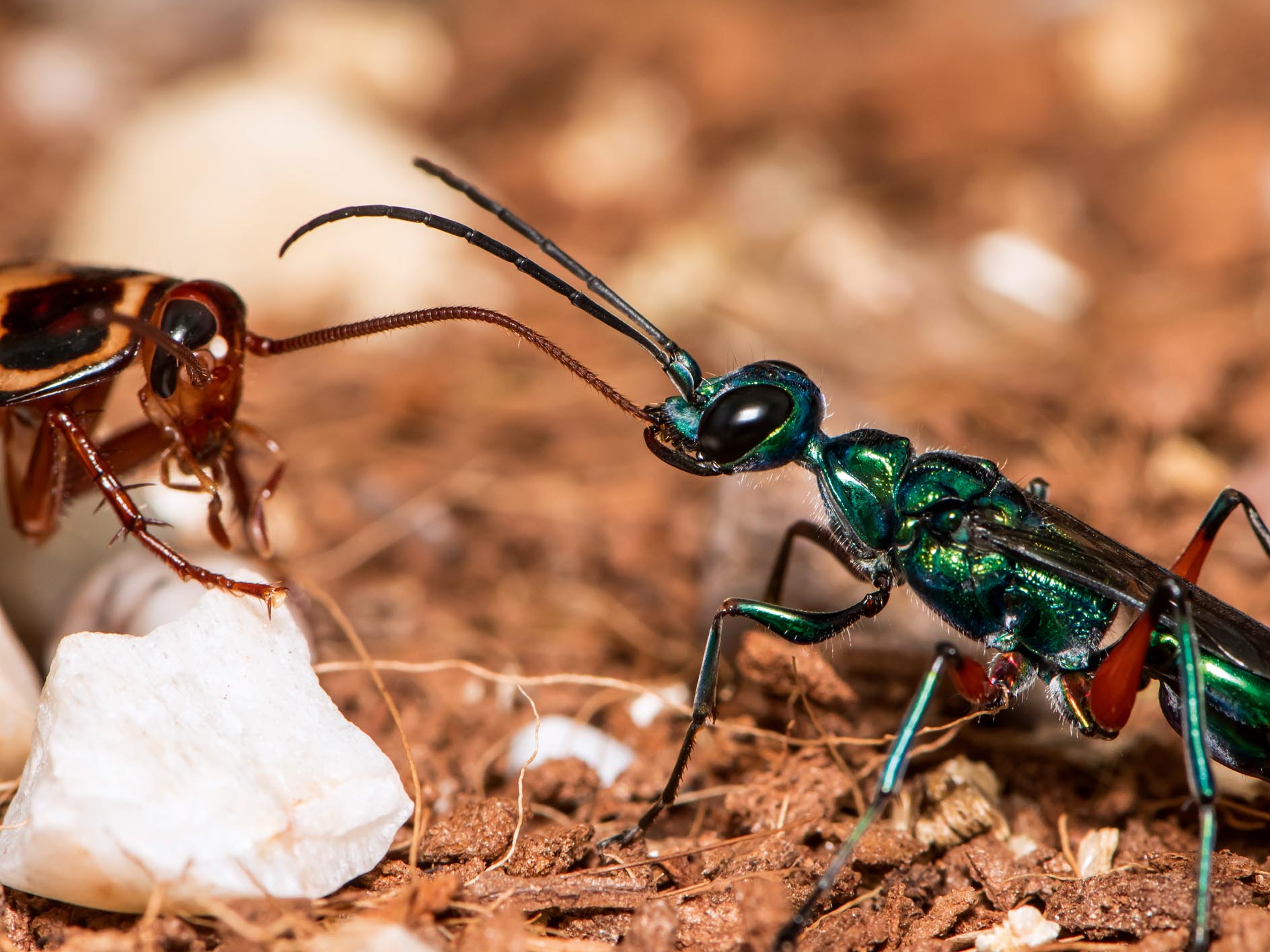
Curious Questions: Should you get rid of wasps?
Yes, they're a pain at your summer barbecue, but wasps are also voracious predators of other insects — and some of Nature’s most important pest controllers. Seirian Sumner, author of ‘Endless Forms: The Secret World of Wasps’, explains a few of the reasons that you might want to hold off calling the pest controller — and, indeed, why you it might be time to start providing wasp nesting houses in your garden, alongside that designer bee hotel.
By Country Life Published
-

Curious Questions: How did the strawberry become the ultimate summer fruit?
Martin Fone tells a tale of fruit, sensuality and espionage as he digs in to the tale of the strawberry we know and love.
By Martin Fone Published
-

Curious Questions: When did the first passenger jet take off?
'Nowadays we travel to all parts of the globe, often within a day and often without changing planes,' says Martin Fone, as he muses on the birth of commercial air travel exactly 70 years ago.
By Martin Fone Published
-

Curious Questions: What is it like to sing at a royal coronation in Westminster Abbey?
The choristers at the Coronation are now in their eighties, but recall vividly the day they sang for The Queen, as Andrew Green discovers.
By Country Life Published
-
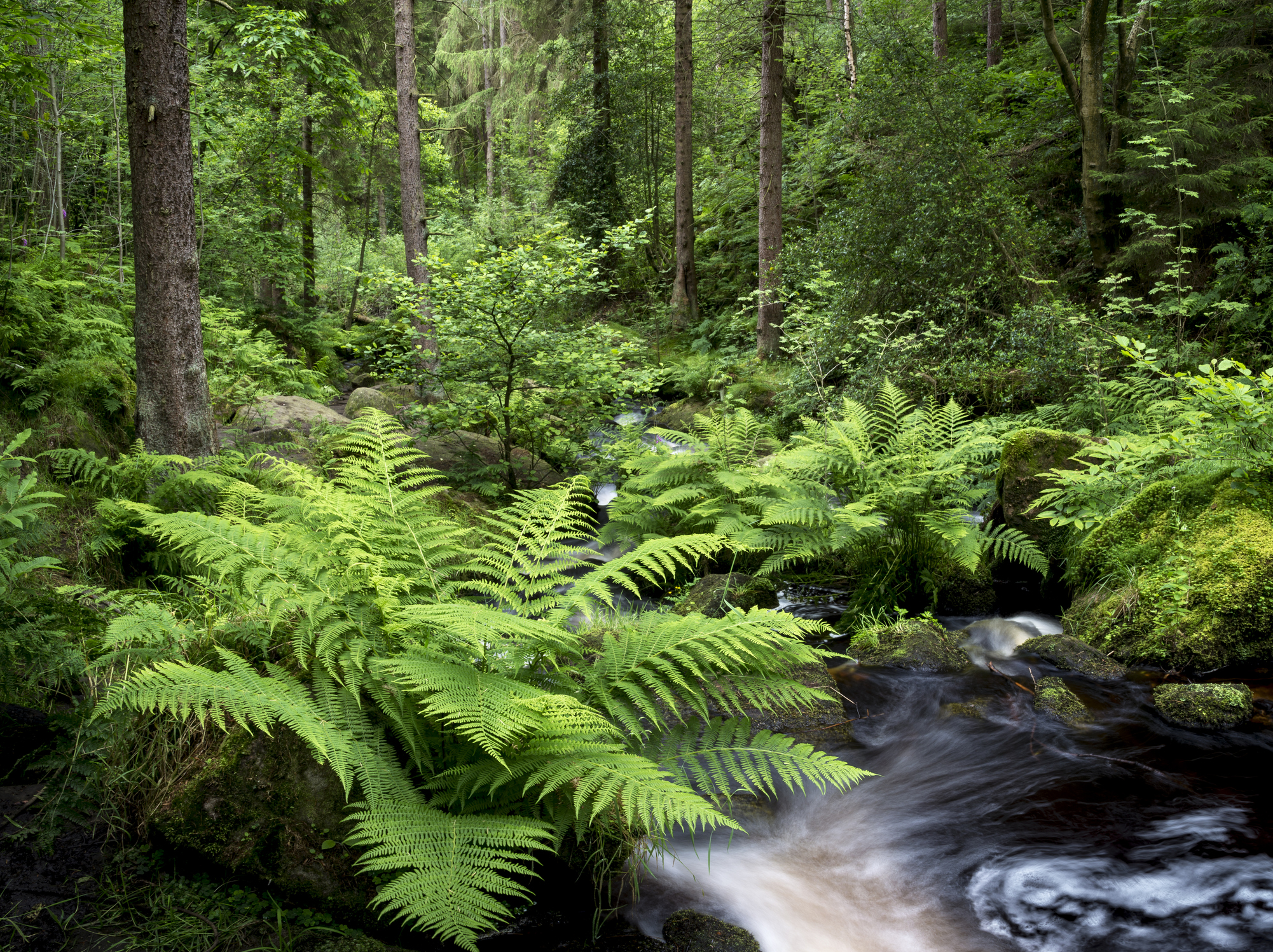
Curious Questions: Why were ferns considered magical?
Martin Fone considers the beautiful and ancient fern, once commonly held to have mysterious properties.
By Martin Fone Published
-
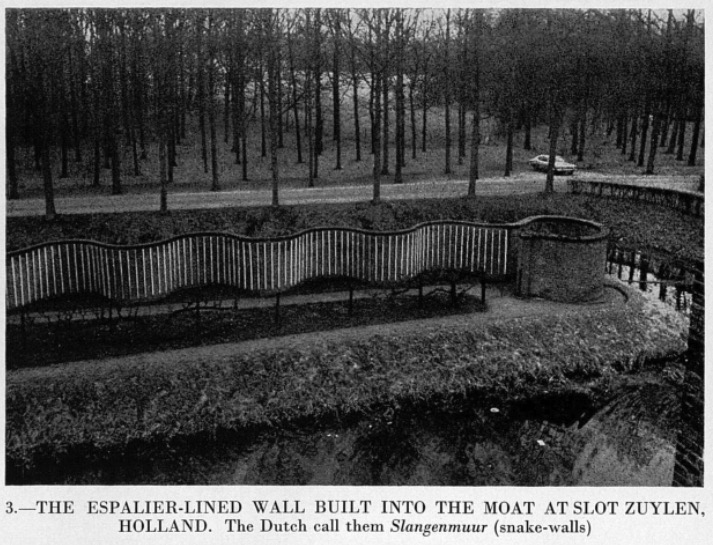
Curious Questions: What is a crinkle-crankle wall?
The mysterious term crinkle-crankle wall is something you'll see scattered in to architecture books and even property listings. But what are crinkle-crankle walls? Why are they shaped as they are? And who first came up with the idea? Martin Fone explains all.
By Martin Fone Published
-
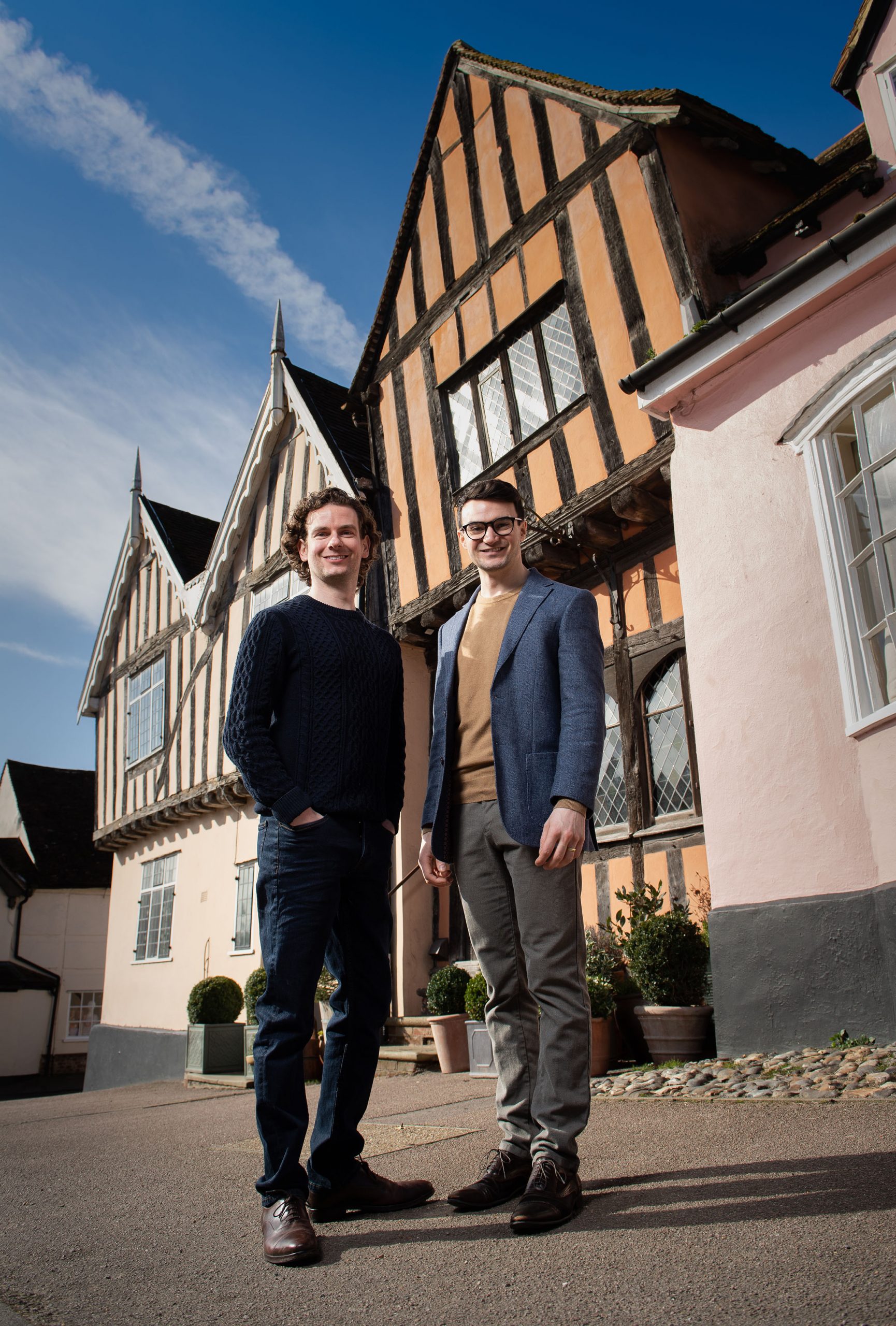
What it's like to live in the world's most famous crooked house
A few months ago this irresistibly pretty house in Lavenham, Suffolk, featured on the cover of Country Life. We caught up with Alex and Oli Khalil-Martin, the couple who own and live there, to find out what it's like living in one of the country's — and indeed the world's — most photographed homes.
By Flora Watkins Published
-
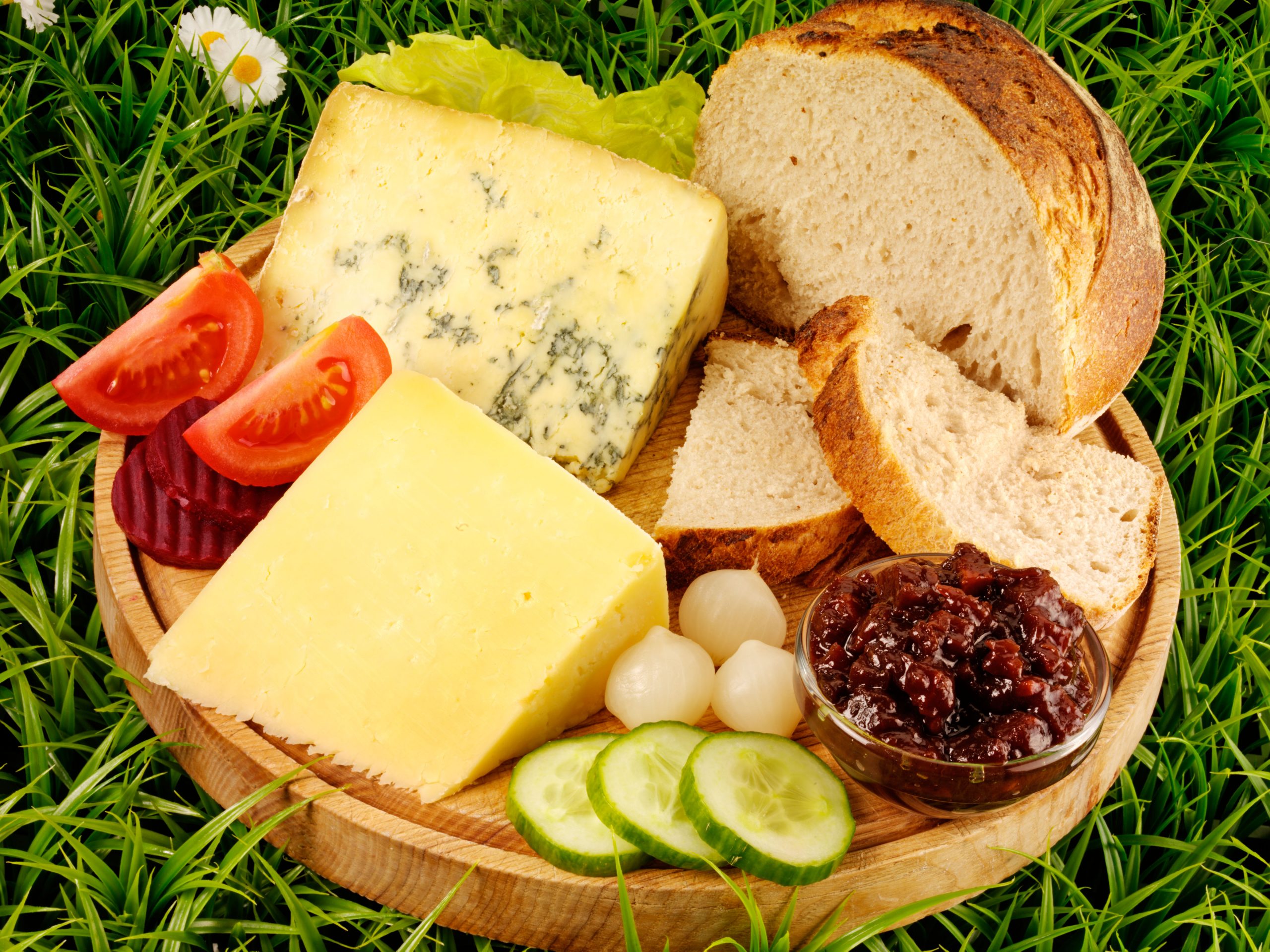
Curious Questions: Who invented the Ploughman's Lunch?
Unimaginable as it seems in the era of the gastropub, in the relatively recent past the ploughman's lunch was the only food served at most British pubs — and it was so much a part of agricultural labourers' lives that some even went to court for their right to bread, cheese and pickles. Martin Fone takes a look at the curious tale of the ploughman's lunch.
By Martin Fone Published
-

Curious Questions: Are Mothering Sunday and Mother's Day the same thing?
Mothering Sunday and Mother's Day have distinct meanings, as Martin Fone explains in the latest of his Curious Questions.
By Martin Fone Published
-
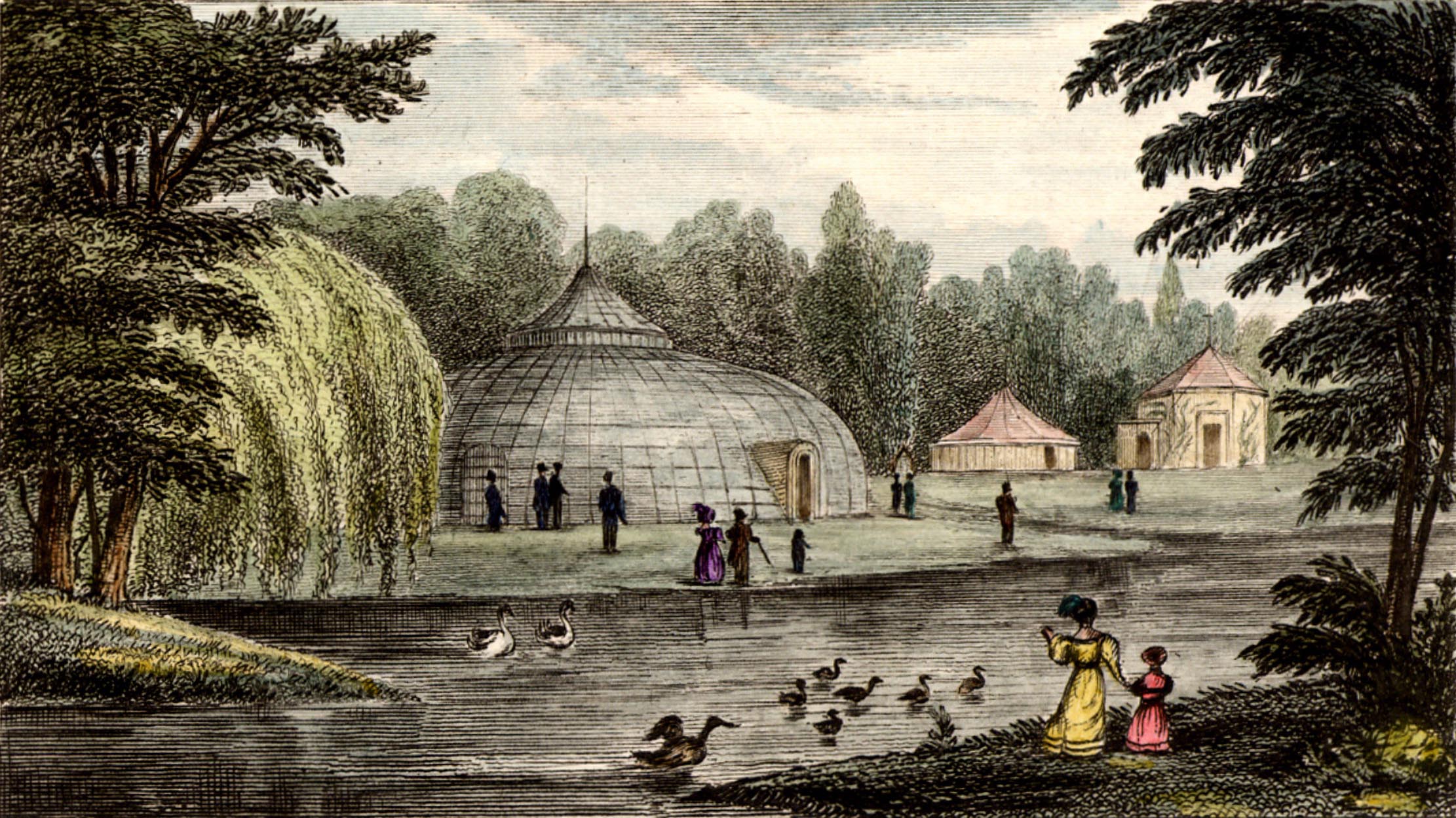
Curious Questions: Did the Tower of London menagerie provide the animals for London Zoo?
Wolves in the Tower of London and an elephant so well trained that Lord Byron wanted to adopt it as his butler — Martin Fone discovers the strange and terrifying history of the last of London's menageries, and how they helped establish what we'd recognise today as its first zoos.
By Martin Fone Published
-
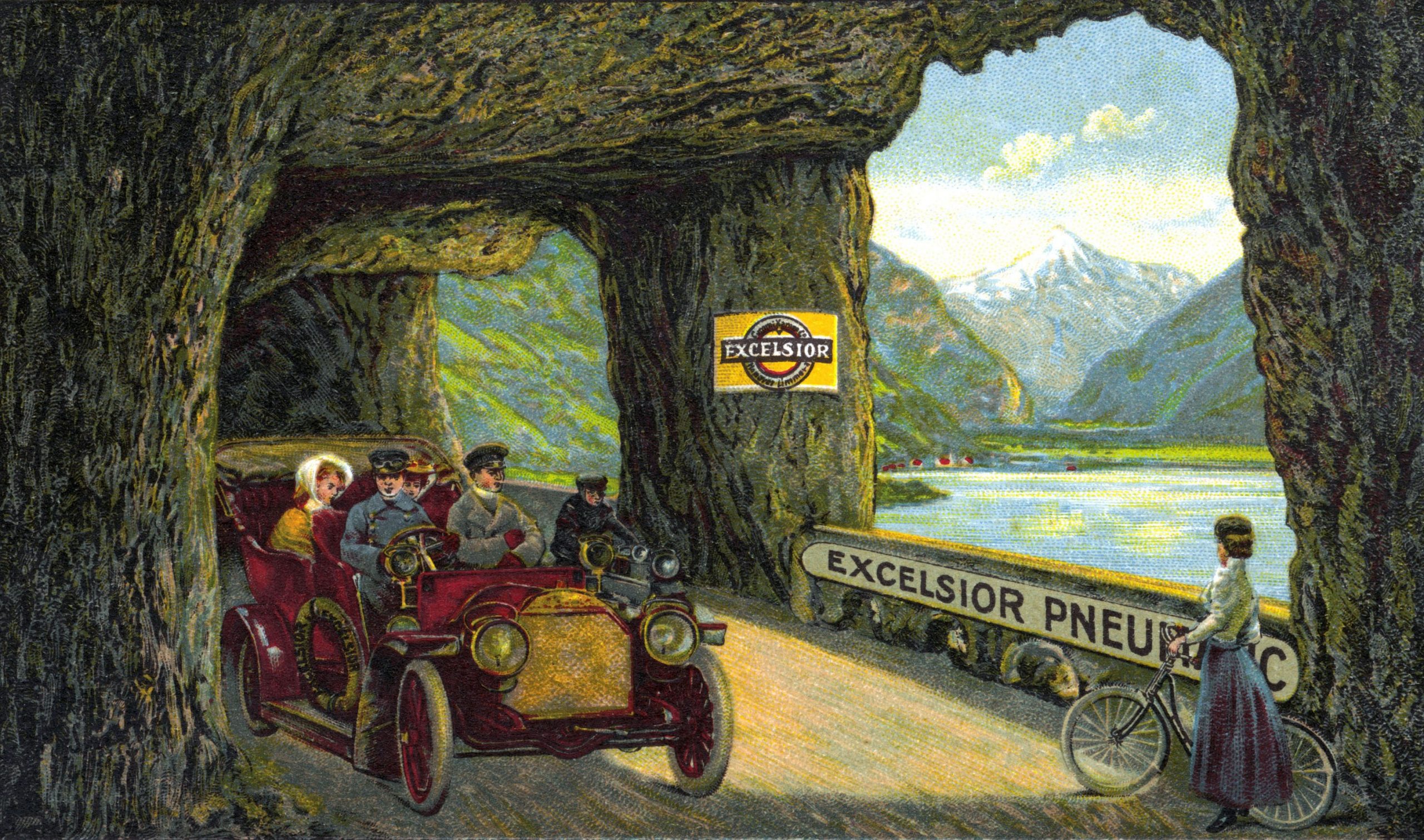
Curious Questions: Who invented the pneumatic tyre?
The names of Goodyear, Dunlop, and Michelin are familiar to motorists and cycling enthusiasts alike, but it is thanks to another inventor that we enjoy comfortable rides on inflated rubber tyres. Martin Fone tells a tale of an inventor's extraordinary ingenuity in creating a design that pre-dated its usefulness by several decades.
By Martin Fone Published
-
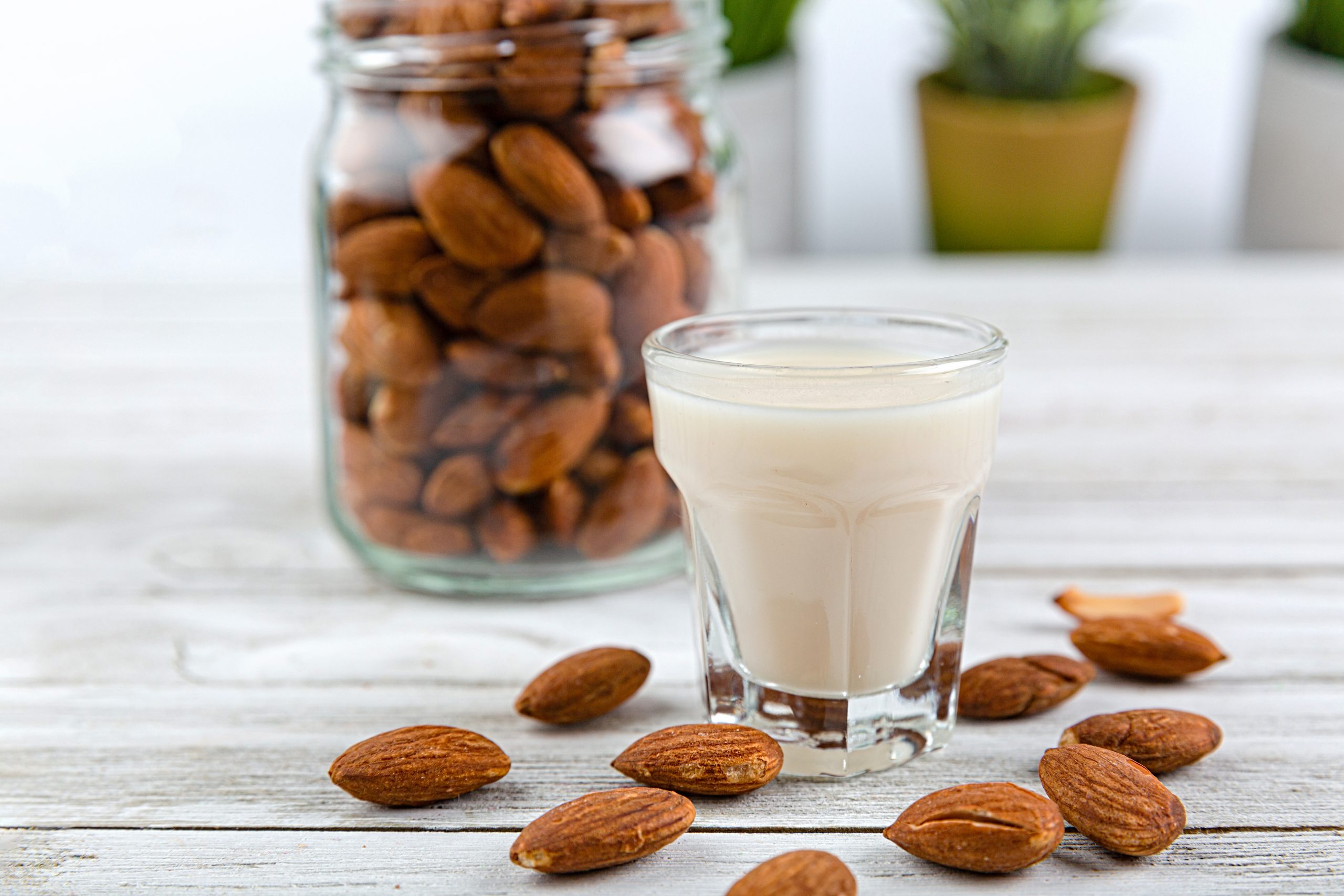
Curious Questions: How is plant-based milk made?
Martin Fone takes a deep dive into the world of plant-based milks and discovers that the dairy alternatives have been around for a lot longer than we may have thought.
By Martin Fone Published
-
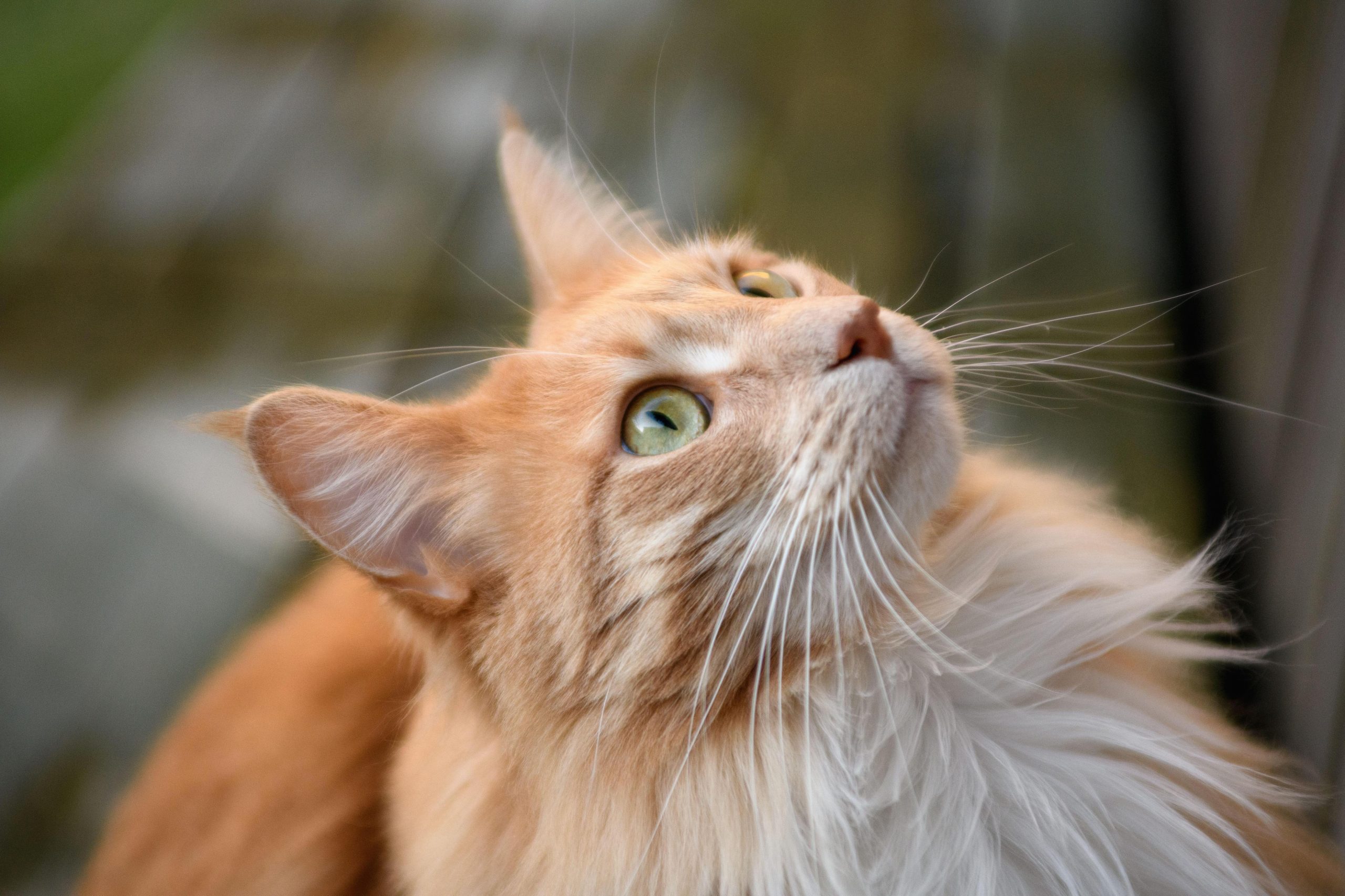
Curious Questions: Why do cats have whiskers?
Martin Fone investigates the all-important role of feline whiskers—including how they contribute to enhancing the species' beauty.
By Martin Fone Published
-
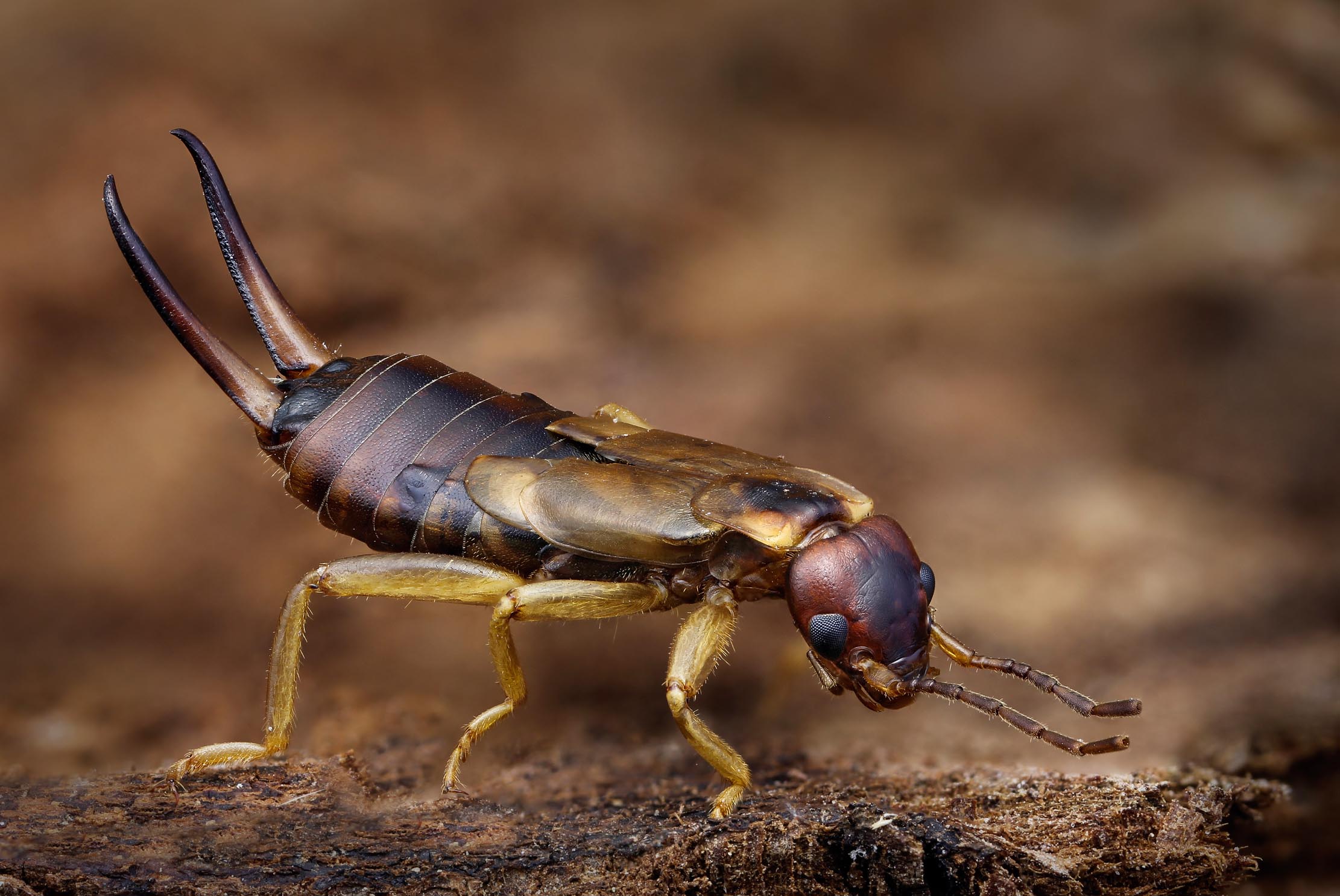
Curious Questions: Do earwigs go in your ears?
For centuries earwigs were believed to be adept at entering our ears so as to lay eggs in the brain, sending us mad — but as Ian Morton finds, no creature has been more unfairly condemned. He celebrates this curious creepy crawlie in all its glory.
By Ian Morton Published
-
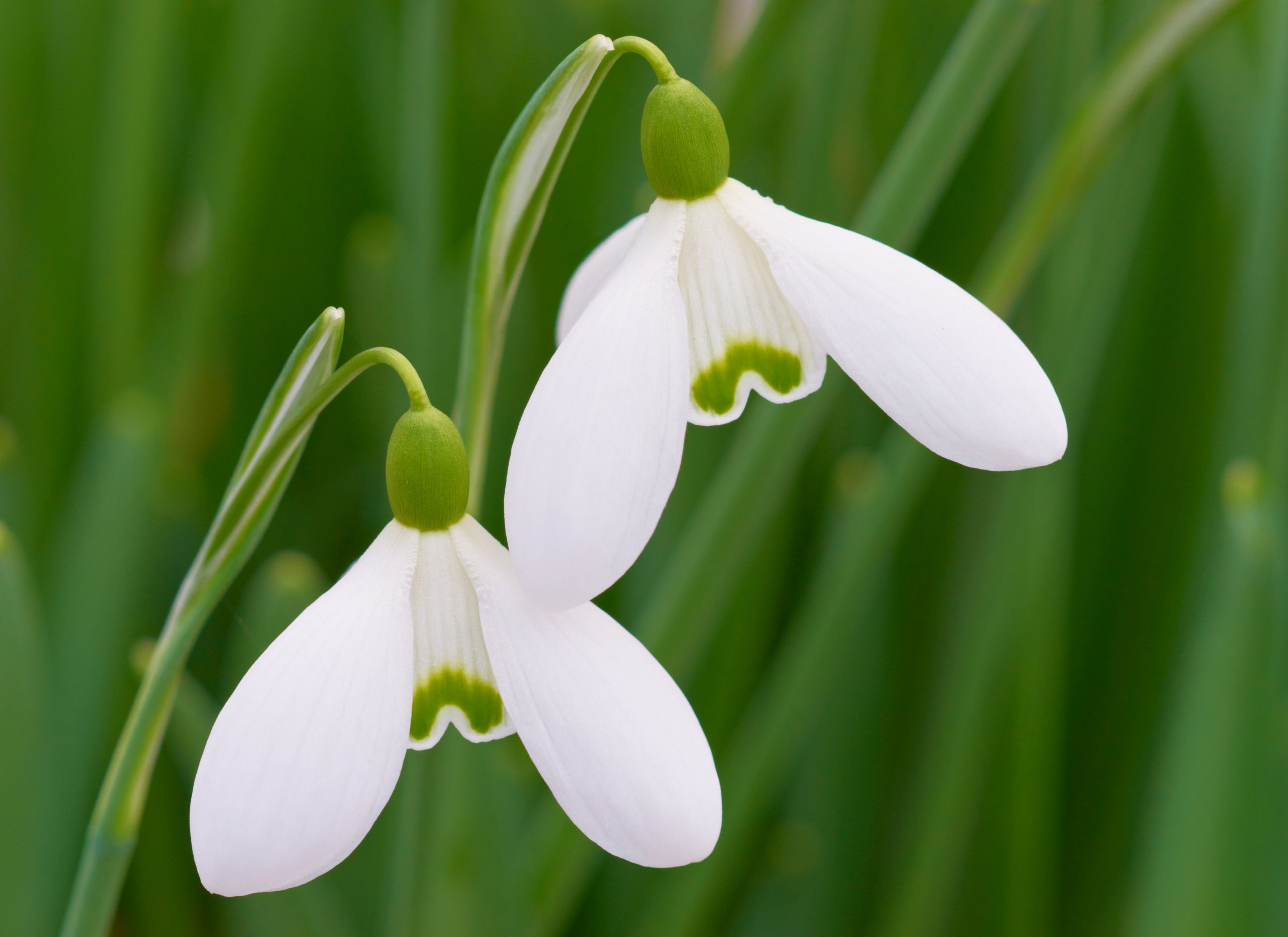
Curious Questions: Should you bring a snowdrop into the house?
Martin Fone delves into Britain's collective passion for Galanthus and looks at the folklore that surrounds it.
By Martin Fone Published
-
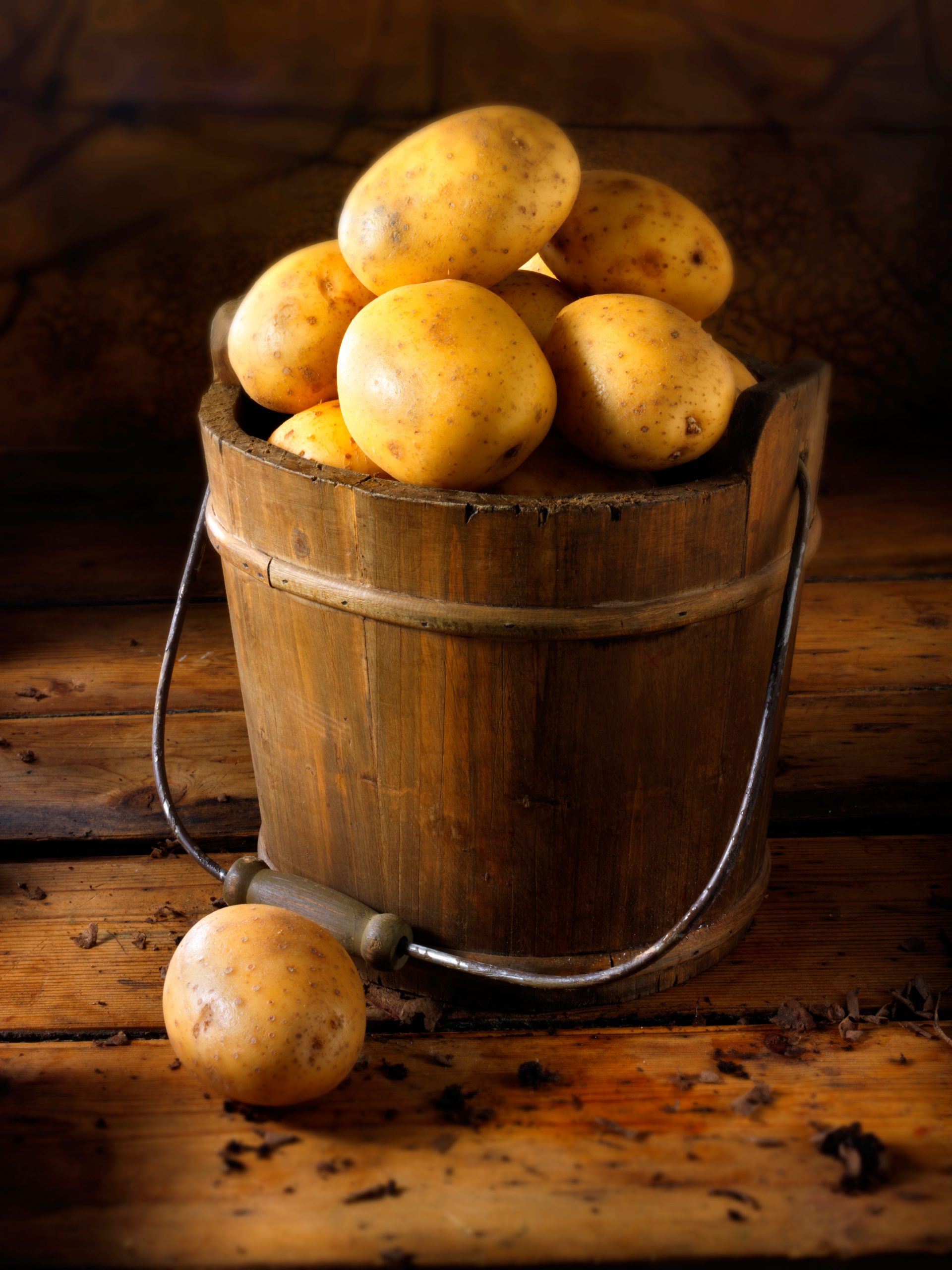
Curious Questions: Who is Maris Piper?
The Maris Piper has become Britain's best-loved potato (hush, King Edward fans) — but where did it get its curious name? Eleanor Doughty investigates, while Toby Keel takes a look at where King Edward potatoes got their name.
By Eleanor Doughty Published
-

Curious Questions: Do tear-free onions actually stop you crying when you chop them?
Our intrepid correspondent Martin Fone has put the onions (and his eyes) to the test.
By Martin Fone Published

